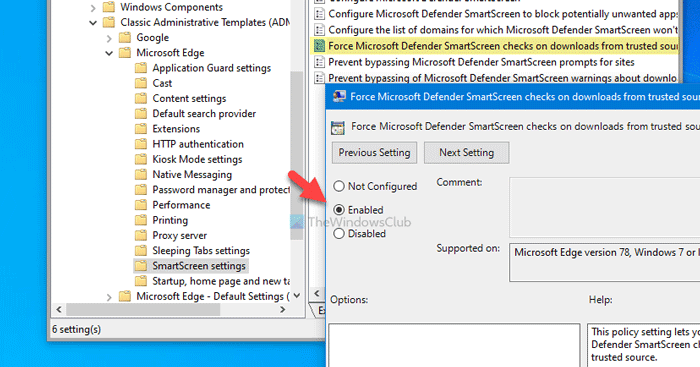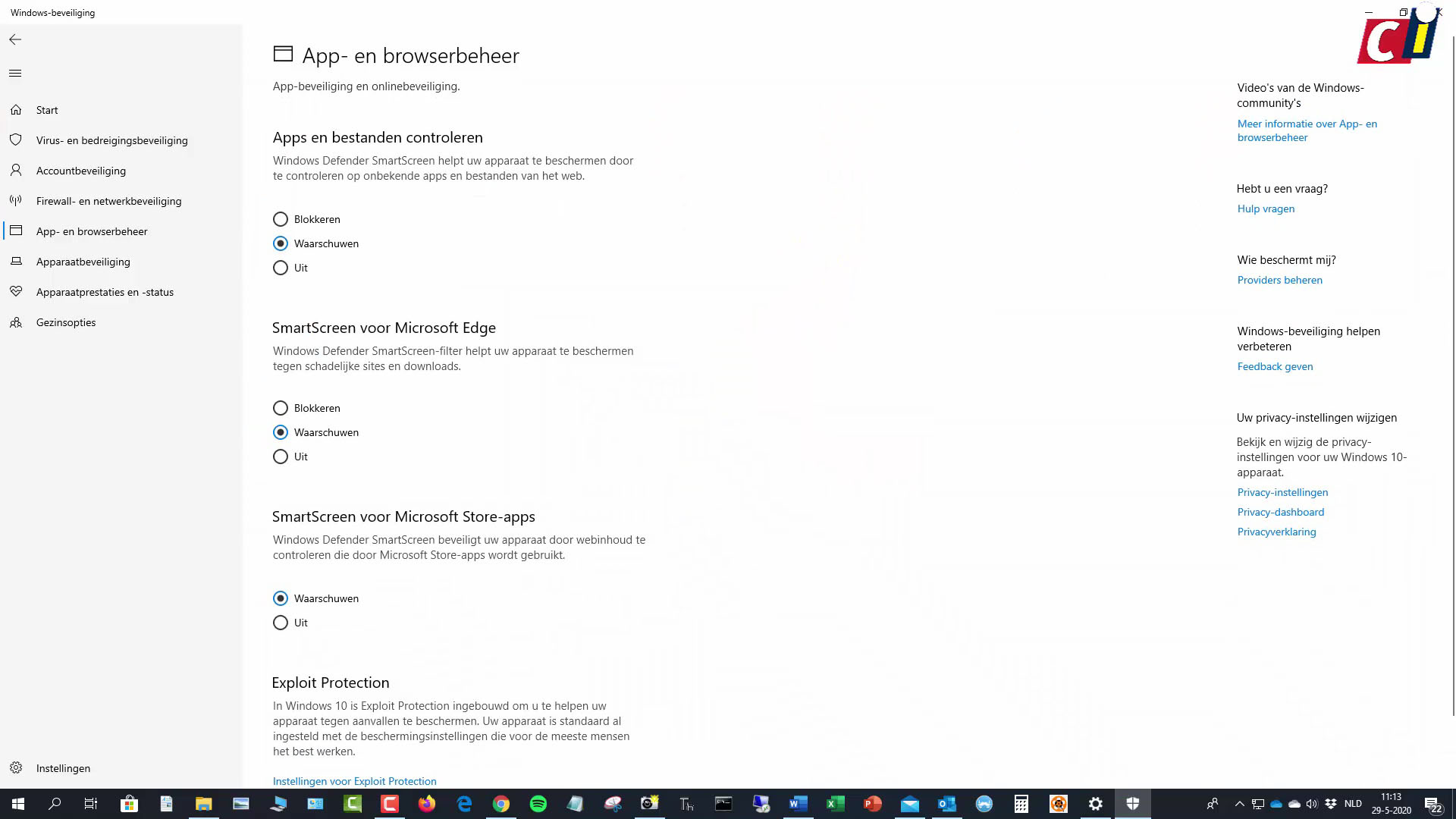
Therefore malware authors can easily pay for certificates as a cost of business. > Giving out free code-signing certificates also makes it easier for malware to get legitimate certificates.

I also care about my users, so I'll happily mark my applications.īut you don't need to take $100/year from me for the right to not have thugs block access. If you want to give me a way to mark my applications so that users know that they're picking up what I'm putting down, great. I'll happily hand you the source code from GitHub and the build chain on AppVeyor so you can watch the executables being compiled. If you want to evaluate the software, do that. Reasons for doing it at all are bullshit. > What can Microsoft do, as an alternative, that doesn't result in an identical or worse situation? Obviously malware running as admin can do more damage that's harder to recover from, but non-admin malware is just as capable of doing bad things (think: stealing credentials, running cryptocurrency miners, ransomware), and after being hit by a randomware attack I doubt your "typical" user is going to really care much about the distinction between their account vs the entire computer being trashed. Note this isn't even about admin vs non-admin installations.

I guess the Store is another way to have "trusted" applications, but you only have to look at the Google Play or iOS store to see how well this ultimately works out (for both malware and legitimate authors). Without this, malware gets executed directly and now you're dependent on (very imperfect) anti-virus software. As the de-facto support person for family that don't understand computers. The SmartScreen stuff is another attempt at this - software that's not frequently seen is flagged as a potential problem. What's the equivalent to the "URL bar" for software? What's the equivalent to the ACME domain validation challenge? This is akin to LetsEncrypt for certs - can have a valid cert but it doesn't mean it's legitimate. Giving out free code-signing certificates also makes it easier for malware to get legitimate certificates.

What can Microsoft do, as an alternative, that doesn't result in an identical or worse situation? Let's move this to a productive conversation though. Establishing trust is very hard problem, though. I get the sentiment here, it's very annoying for developers (including me).


 0 kommentar(er)
0 kommentar(er)
